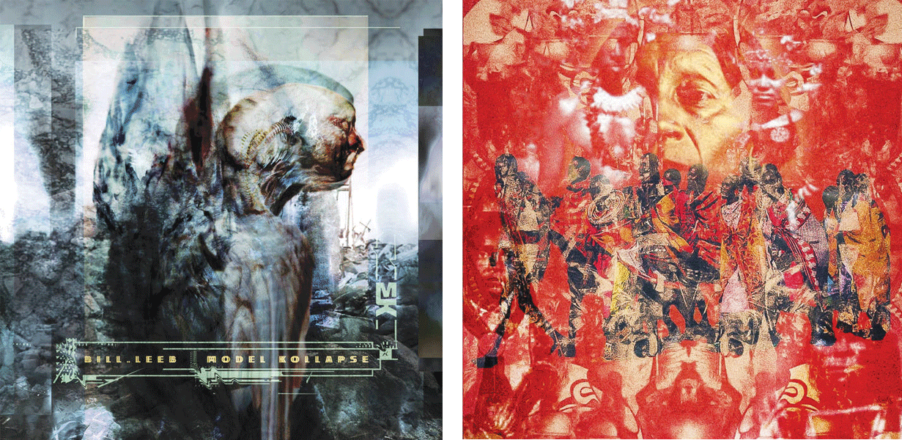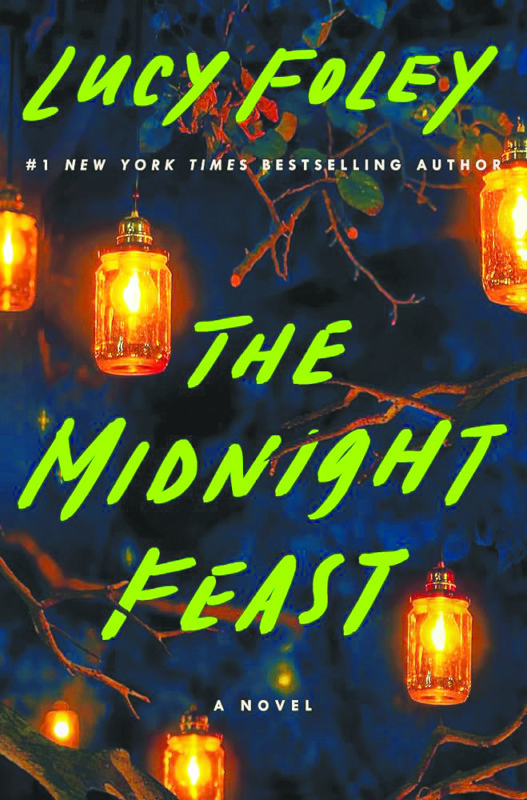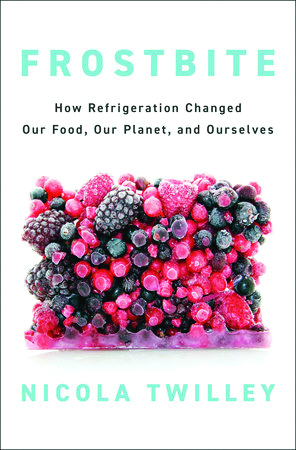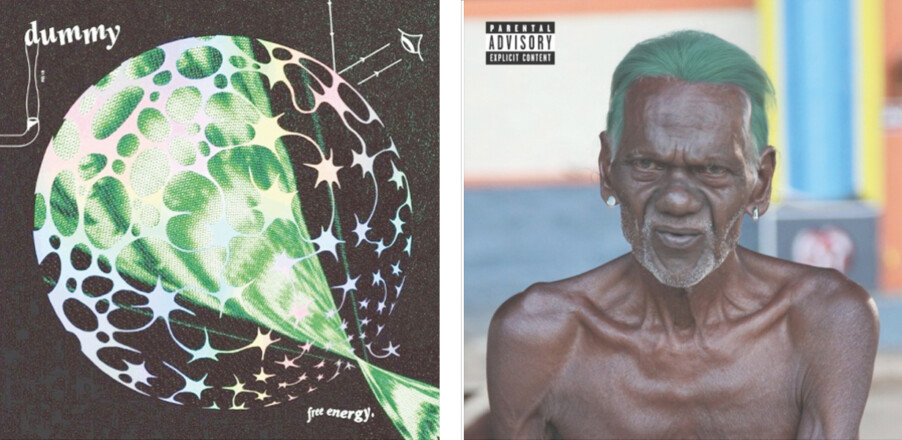Bird Milk and Mosquito Bones, by Priyanka Mattoo (Knopf, 304 pages)
American women who chafe at the Sisyphean nature of household chores will adore Priyanka Mattoo’s grandfather.
A physics professor who once calmly shot a python in his house, he raised free-range kids at his family’s compound in India. If the children weren’t at school, “they were up to something, somewhere in the house, unsupervised,” and his household rules were simple, Mattoo writes: “study, don’t lie, and don’t embarrass the family.”
More importantly, Nanaji (“nana” is the word for the maternal grandfather in Hindi, “ji” the suffix of respect) insisted that the girls and women around him do no menial household work, believing “The only useful pursuits for a young woman were those of the mind.”
In her engrossing new memoir, Bird Milk and Mosquito Bones, Mattoo recalls another family story: Her mother decided to take up knitting as a teen and was working on a sweater when her father sternly asked why she was doing that. “Did all the stores burn down?” he demanded.
Nananji was not against work, just domestic labor, and as such, Mattoo’s mother, and indeed the whole extended family, became remarkably competent adults and “pathologically assertive women.”
“The Kaul girls — doctors, engineers, professors, and some now grandmothers — have no patience for wallflowers, or fools. They enter every unfamiliar room as though they own it. Greet each stranger as though they’ve been reading up.” She adds, “I’m not sure anyone on that side of my family knows how to whisper, and I’m happier for it.”
But despite this remarkably strong and loving family unit, Mattoo and her immediate family suffered the loss of their treasured family home in Kashmir, the region at the center of a bitter territorial dispute between Pakistan and India. The property was ransacked and destroyed by militants, and the family lost not just their physical center but also the decorative contents gathered from all over the world. It is these precious belongings that give the book its title. “Bird milk and mosquito bones” is a phrase Kashmiris use to describe things “so rare and precious that the listener should question their very existence.”
Mattoo’s writing is exquisite in exactly that way, and she builds this series of discrete and elegant essays on the scaffolding of her transcontinental search for home in the aftermath of loss. Her experiences are often exotic by American standards; she writes somewhat disparagingly of the homogeneity of the American experience:
“What a crazy place America is, where you can drive for three straight days and everyone’s still speaking English, and all were seemingly raised on the same episodes of eighties television. But they’ll tell me, in a lather, that the barbecue is dry here, whereas in another place it’s more … wet.”
She adds, “I stare blankly, feeling like an alien that’s landed on a well-meaning planet, one that believes that it is the beating heart of the universe.” She’s got a point.
But there are universal themes here, of longing and loss and the desire for connection. And this is ultimately a book about family, one that is frankly captivating. Here, for example, is Mattoo’s description of a family vacation: “ … we vacation hard, my family. Ideally three weeks, and always a home rental, never a hotel. We settle in like we own the place and have always owned the place. … In the places we stay, there is no turndown service, often no air-conditioning, and the elevator always breaks on day two.”
A “thinky” child, Mattoo is now married with children and lives in the United States, and “presents as American” but is always searching for connection with her home continent. When a music app recommends a song that she becomes obsessed with (“Pasoori” by Ali Sethi), she tracks down the artist, who is from Pakistan, and asks him to speak on WhatsApp (“official communication tool of the global diaspora”). She says, “I need to connect with the person who has made me feel this way.” She later connects with another Pakistani singer, who turns out to also be a medical doctor. “Our countries still bristle with tension — they might always — but I’m encouraged by evidence of this generation’s desire to create,” she writes.
Mattoo veers off delightfully into asides about her children and her childhood. Consider this opening to an essay titled “You Are My Life,” which may be the best start to a chapter I read this year:
“The only grudge I ever held was in nursery school, thanks to a tiny witch named Christina.”
Or this, from a chapter simply titled “A Toothache”:
“I had a terrible toothache the summer my great-aunt Indra was murdered, but that wasn’t the worst part.”
One of the most interesting essays involves Mattoo’s search for a husband, aided in part by her parents, who respectfully asked if she’d be open to them setting her up — a challenge since they were by then living in the United States, where there are about 400 Kashmiri Pandit families, in which there were about 20 “single, age-appropriate men.” Mattoo said OK, but she wanted someone who would make her laugh, to which her mother said, “Funny’s not important!” But funny was. She wound up marrying a Jewish comedy writer.
The book appears to have taken shape in Peterborough at the MacDowell Artists Colony, where the author was in residence in 2022, working on a book that was then titled “16 Kitchens.” That’s now the title of a chapter in Bird Milk and Mosquito Bones, in which Mattoo talks more about her mother and the family’s experience of living in Saudi Arabia, where the weather felt like “being warmed up in a low oven.” The MacDowell team can be proud of this one. As can Mattoo’s Nanaji. It’s been a while since I enjoyed a collection of essays so much. A






